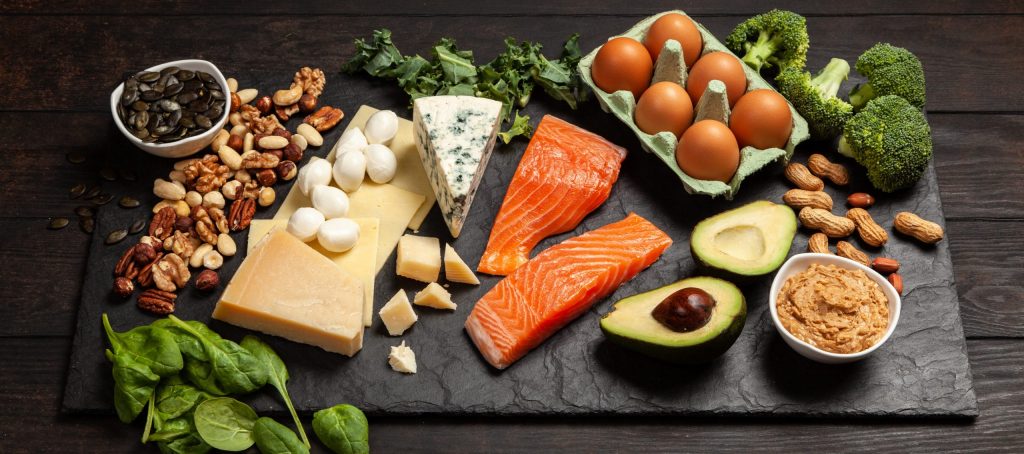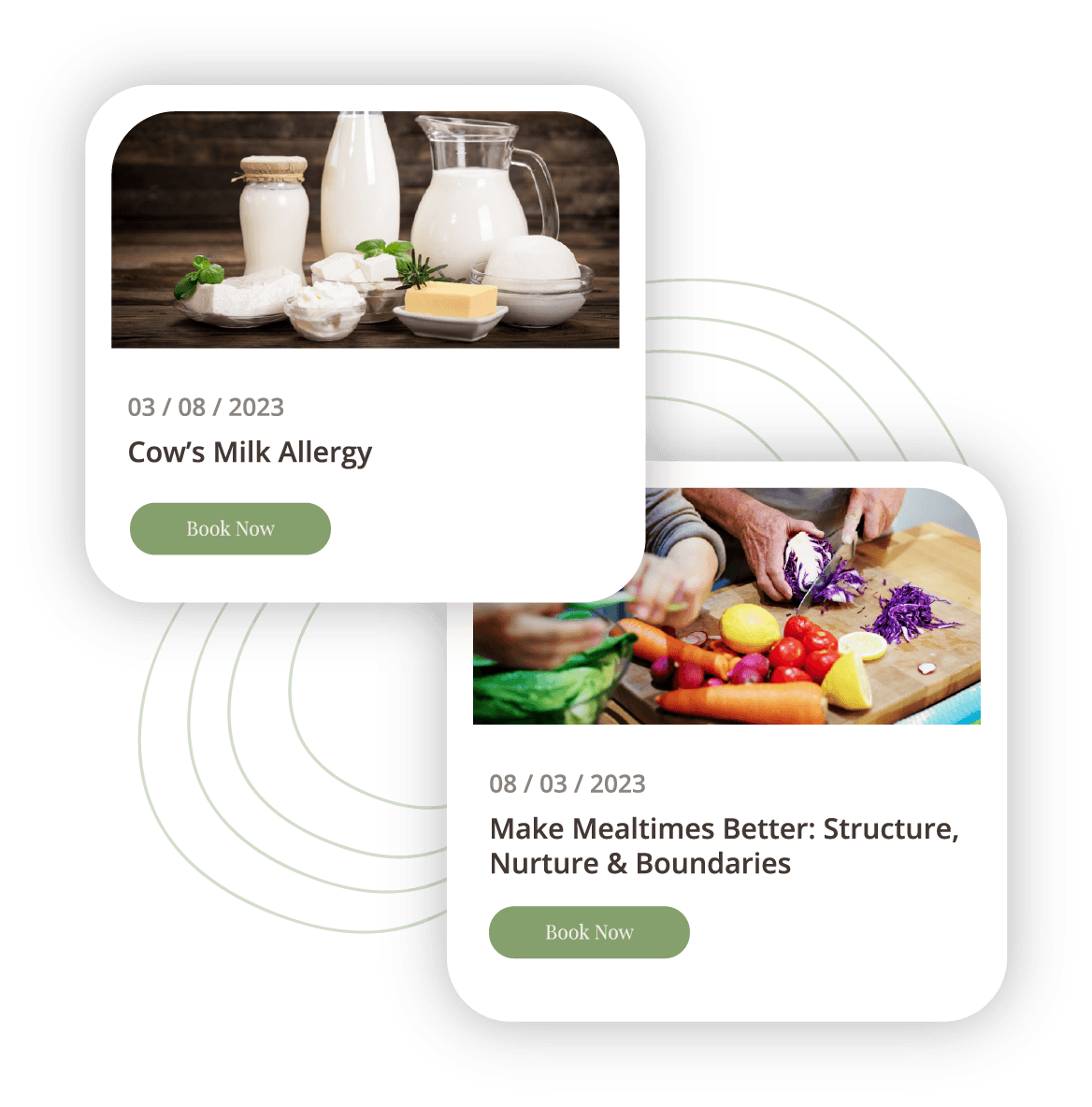Food refusal, sometimes called the neo-phobic phase, is a normal developmental phase when toddlers become selective about their food. Toddlers who reach this neo-phobic phase (from 1 year – 18 months) whilst only being used to a few tastes and textures, find it more difficult to accept unfamiliar foods. Often, they will only accept soft textures and sweeter bland tastes.
Gagging is much more common in young children with lack ofexperience, and although worrying, giving it attention can make it a behavioural issue. Given reassurance, encouragement, positive feedback and praise, those children with gradually broaden their experience and learn to accept new tastes and textures.











